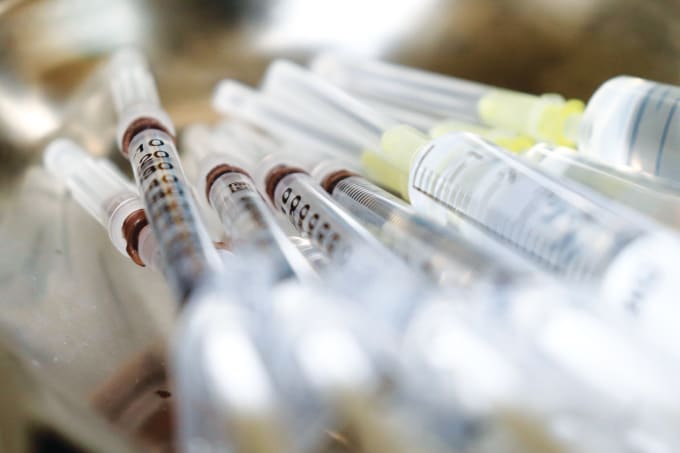
Major problems in early clinical trials are rare, but unfortunately not impossible. In January, one man died and five others were hospitalized – some with potential brain damage – after a phase 1 clinical trial on healthy volunteers went tragically wrong in France. The trial was being conducted in Rennes by a French contract-research organization called Biotrial, on behalf of the Portuguese pharmaceutical company Bial, to test an experimental drug – codenamed BIA 10-2474, which Bial has confirmed is a fatty acid amide hydrolase (FAAH) inhibitor designed to act upon the human endocannabinoid system. It was reportedly in development for treating a range of medical conditions, including chronic pain. The compound was being tested in an escalating-dose study. Dozens of patients received the drug at low doses, with no apparent problems. The six people hospitalized were the first to receive the drug at high concentrations, but it is not yet known what caused the problems.
“With an oral medicine, as in this case, with up to 90 patients already treated (as been suggested), then an unanticipated critical illness in 6 subjects caused by the medicine is unheard of. This raises the possibility that there were issues with dosing or manufacture, though we will not know until more information emerges,” David Webb, president of the British Pharmacological Society, said in a press statement (1). This isn’t the first time that FAAH inhibitors have featured in clinical trials, but it’s the first time that such serious adverse effects have been seen. Whether the trial will impact the whole class of drugs remains to be seen – and will be dependent on what caused the side effects in the Rennes trial. However, Janssen, which is currently conducting two Phase 2 clinical trials of an experimental FAAH inhibitor, is definitely cautious. “As a precaution, Janssen is voluntarily suspending dosing in two Phase 2 clinical studies of an experimental medicine – a FAAH inhibitor – following reports in France,” the company said in a press release (2). “Janssen has not received any reports of serious adverse events in our Phase 2 studies with our FAAH inhibitor in patients with social anxiety disorder and in major depressive disorder with anxious distress, or in earlier, Phase 1 safety studies of the drug.” As a whole, the pharma industry has been quick to emphasize that Phase 1 trials are usually very safe. “The 2012 ABPI report stated that the overall incidence of serious adverse events in phase I trials is 0.02 percent,” said Sir Munir Pirmohamed, vice president, Clinical, at the British Pharmacological Society. Whatever caused the tragic consequences in Rennes, there has been a call to make it public. Little information about the drug and its pharmacology has been made available and members of the British Pharmacological Society believe that as much information as possible should be made available to the scientific community so that lessons can be learned to benefit future drug development.
References
- British Pharmacological Society, “Members Respond to French Clinical Trial Reports,” (January, 2016). Janssen, “Janssen Research & Development, LLC Voluntarily Suspends Dosing in Phase 2 Clinical Trials of Experimental Treatment for Mood Disorders” (January, 2016).




